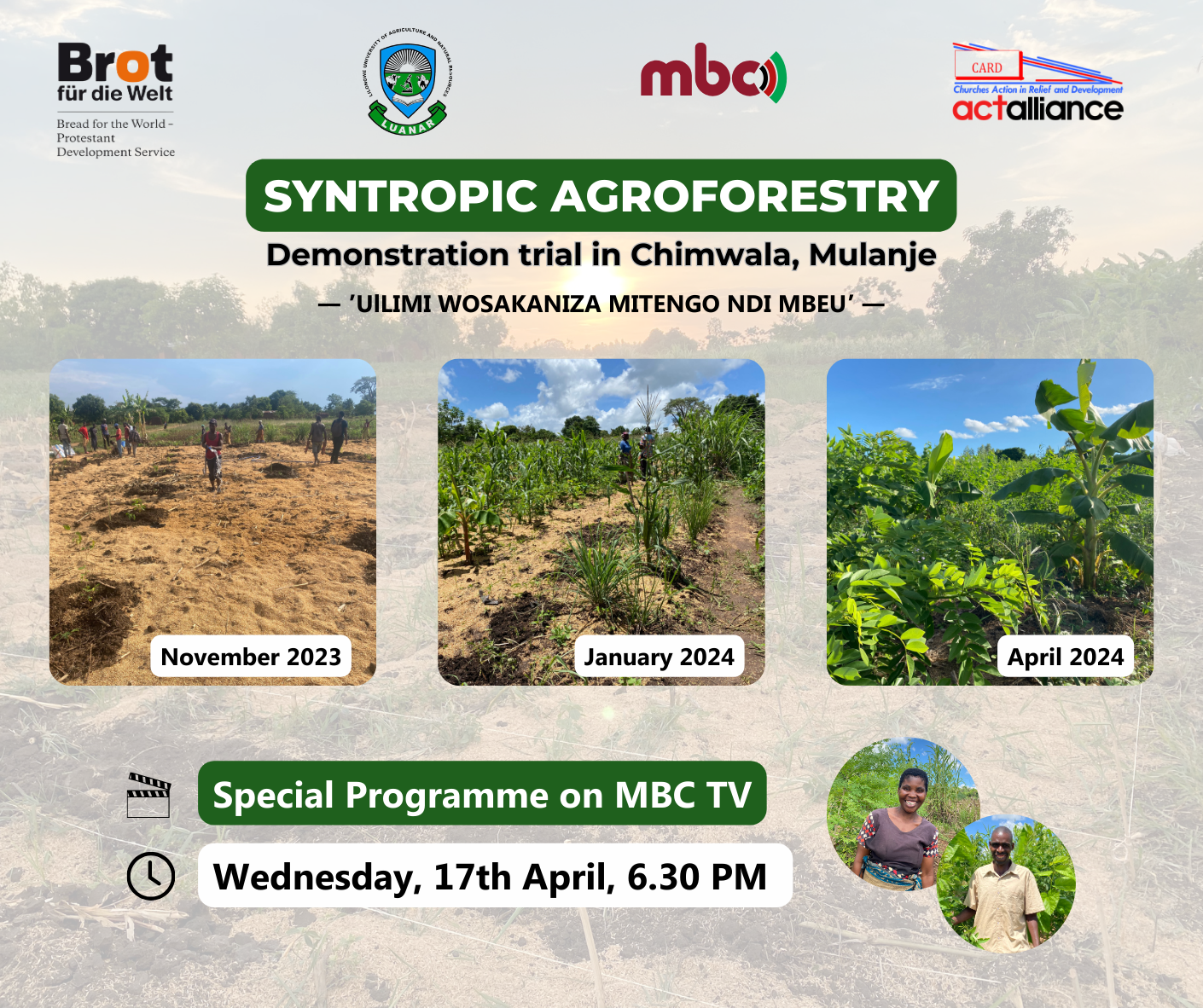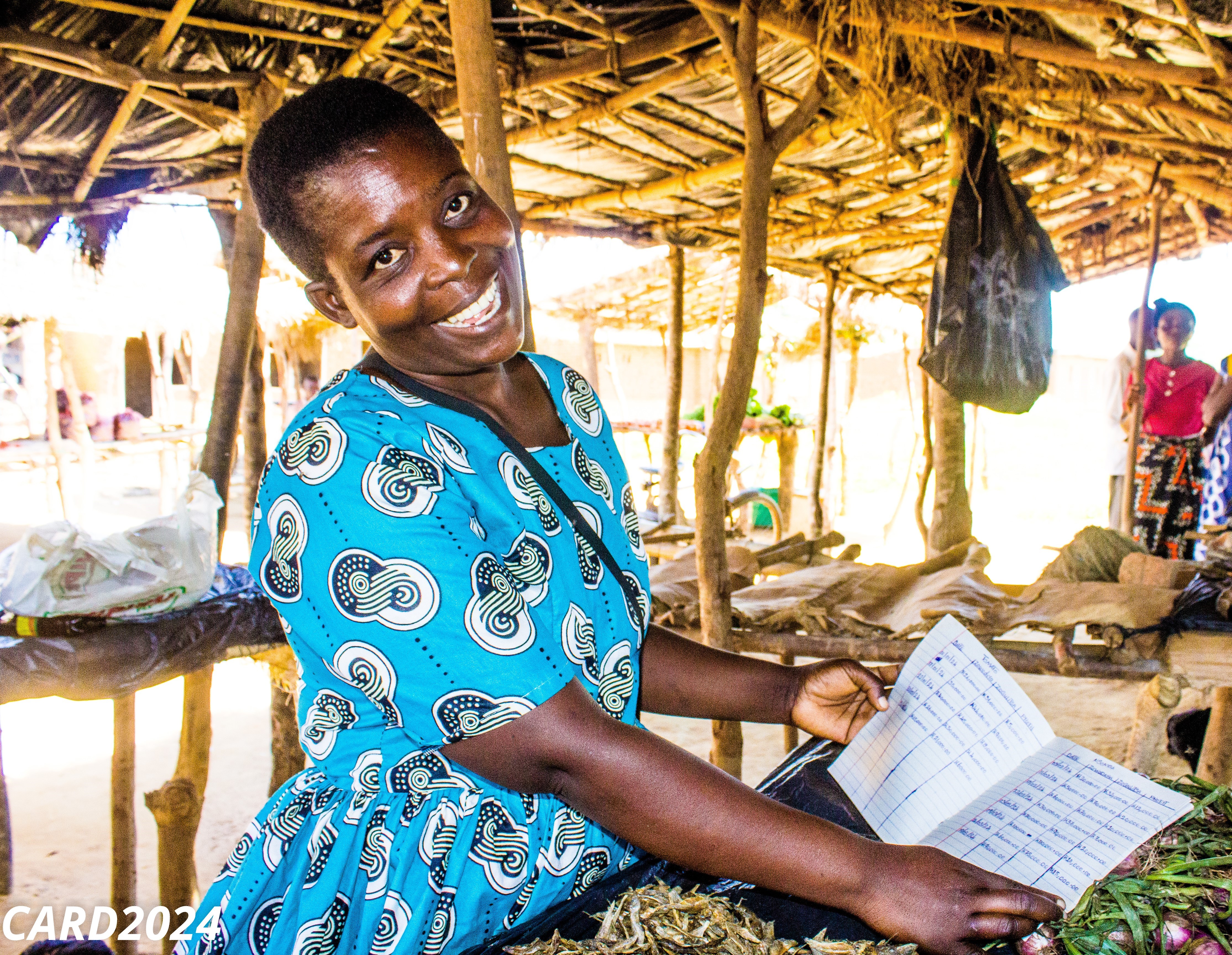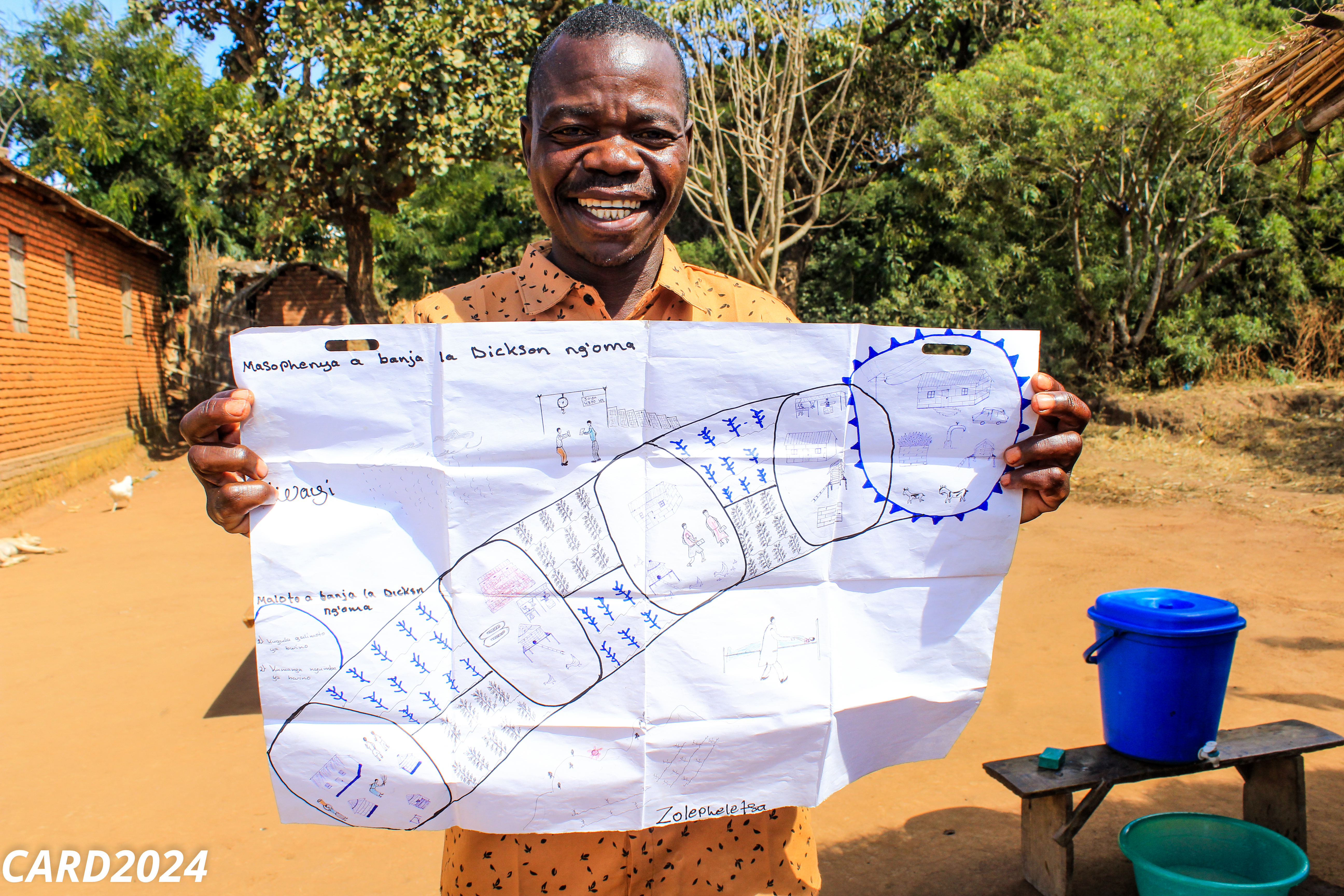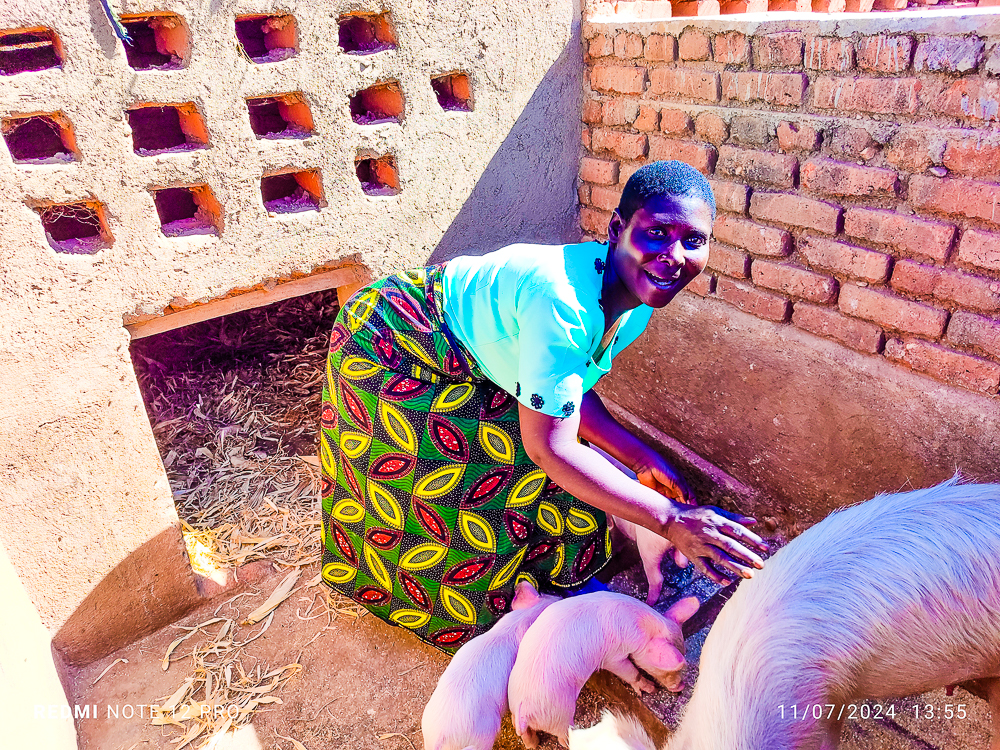Hope restored: A Mother’s journey from hunger to stability- Elnino response.
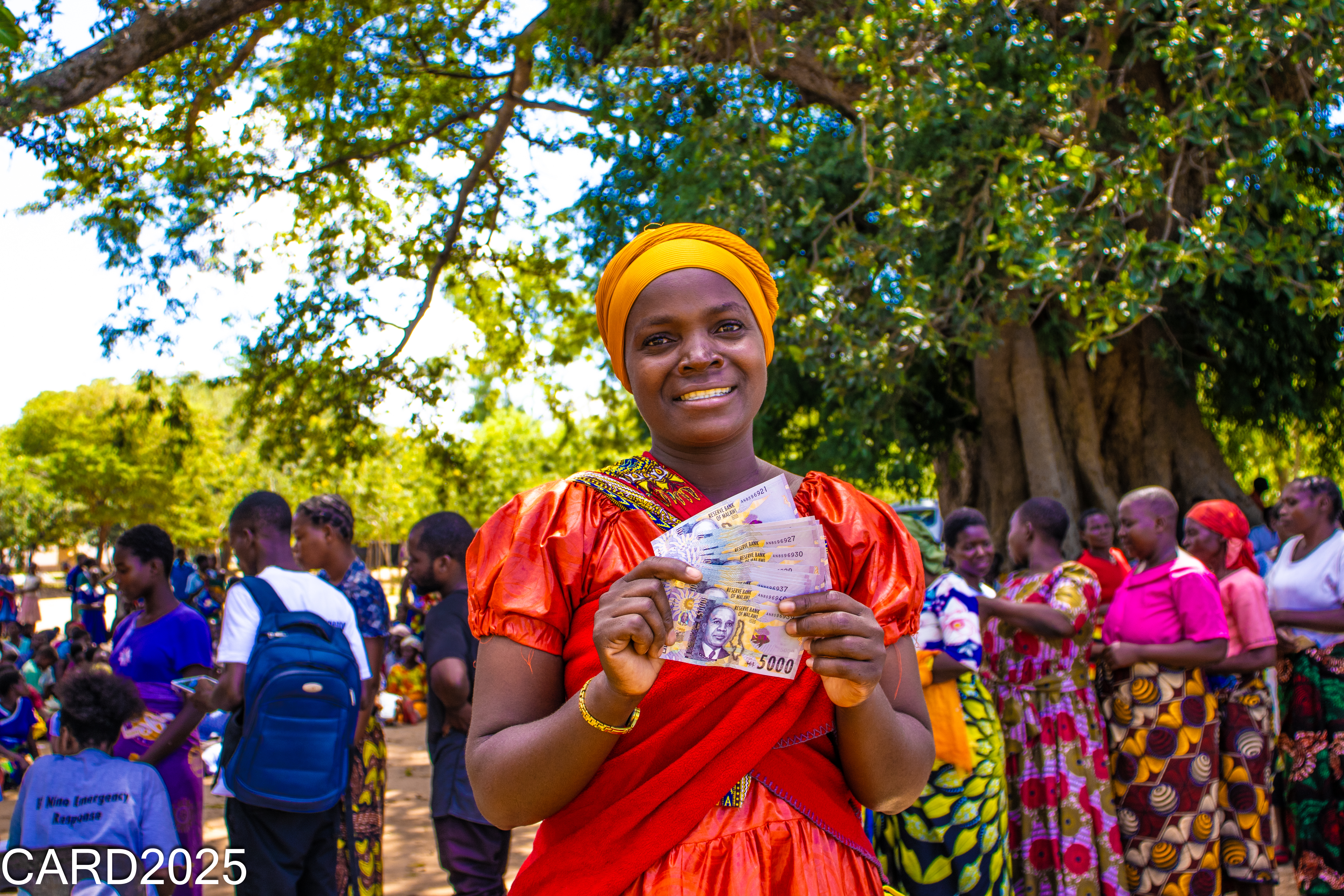
14 Apr, 2025
Hope restored: A Mother’s journey from hunger to stability- Elnino response.
For
33-year-old Sigere Medison, a mother of four from Sub-Traditional Authority
Phimbi in Balaka District, life took a harsh turn when the El Niño weather
phenomenon hit her community. What followed was a period of immense struggle,
where even a single meal a day became a luxury.
“El
Niño left a devastating effect on our lives. Life was difficult. We used to eat
only once a day and sometimes we would go to bed without food. Being a mother of
four, with two children under the age of five, it was not easy for me.” Sigere
Medison shared
Sigere
painfully remembers how the food crisis affected her children, particularly
their education. Her three school-going children were forced to miss classes,
with her eldest son, just nine years old, opting to take on piecework in a
desperate attempt to find food for the family. “It broke my heart, but there
was nothing else we could do,” she says.
Relief
came in November 2024, when the El Nino emergency response cash transfer initiative was launched with support from the Canadian Foodgrains Bank
and Presbyterian World Service and Development. Sigere was one of the 1,700 vulnerable households selected in Sub-Traditional Authority Phimbi to receive monthly cash transfers of MK90,000 for
five months.
“Since
November, life has been smooth. My family has been able to eat throughout the
day. I am forever grateful,” Sigere shares with a smile.
She
used the money wisely, buying essential food items like maize, cooking oil,
beans, relish and porridge flour. But Sigere did not stop there. Demonstrating
resilience and foresight, she also invested part of the funds into her local
Village Savings and Loans group. This has empowered her to pay part-time school
fees for her children, ensuring that they don’t miss out on their education
again.
Sigere’s
story is a testament to how timely humanitarian support can restore dignity,
hope and opportunity. Sigere and many others are beginning to rebuild their
lives one step and one lesson at a time.
